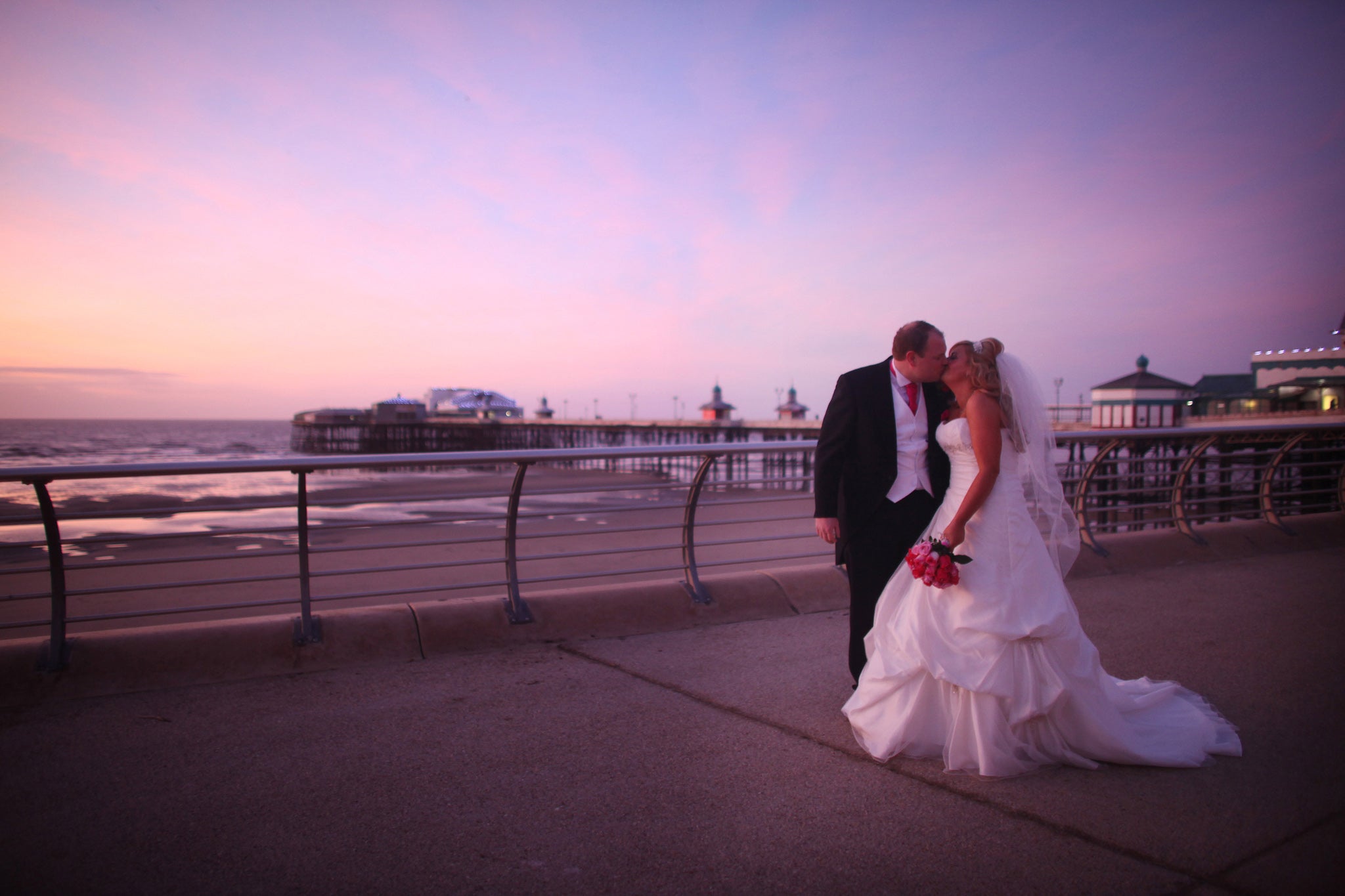Complete strangers to wed for Channel 4 Married At First Sight experiment

Your support helps us to tell the story
From reproductive rights to climate change to Big Tech, The Independent is on the ground when the story is developing. Whether it's investigating the financials of Elon Musk's pro-Trump PAC or producing our latest documentary, 'The A Word', which shines a light on the American women fighting for reproductive rights, we know how important it is to parse out the facts from the messaging.
At such a critical moment in US history, we need reporters on the ground. Your donation allows us to keep sending journalists to speak to both sides of the story.
The Independent is trusted by Americans across the entire political spectrum. And unlike many other quality news outlets, we choose not to lock Americans out of our reporting and analysis with paywalls. We believe quality journalism should be available to everyone, paid for by those who can afford it.
Your support makes all the difference.Six singletons will say “I do” to complete strangers they meet at the altar in a Channel 4 reality show experiment designed to find a scientific basis for the perfect relationship.
Channel 4 has acquired the UK rights to Married At First Sight, a controversial Danish format, in which three couples are formed from a pool of 200 applicants, using scientific and sociological data.
Six single people will enter into a legally-binding marriage with a complete stranger, meeting for the very first time at their own wedding. Cameras will follow the couples for the first six weeks of their relationship.
The couples will be matched by a panel of experts in the fields of psychology, psychotherapy, social & evolutionary anthropology and theology.
At the end of the filming period the three couples will have to decide if they wish to stay together as husband and wife, or walk away from the shotgun marriage.
The Danish show was criticised for trivialising the sanctity of marriage. But Jay Hunt, Channel 4 chief creative office, said the UK version would be a “a celebration of marriage”.
She said: “It says marriage is important because of social cohesion. We don't have a great track record in that area.
“What if we take a slightly different approach and at its heart is the idea that we make the biggest decision of our life based on gut instinct and what if you got an array of experts to help inform that decision and you would be more likely to make the right choice?”
The format has become an international success and has already been adapted for the US and Australia.
Channel 4 unveiled the series alongside an annual report which showed that total audience share, across all its channels, fell from 11.5% to 11% in 2013.
The broadcaster announced new commissions including Dementiaville, a three-part exploration of a progressive approach to treatment of people with dementia, which seeks to help sufferers reconstruct their earlier lives.
Channel 4 said its successes during the past year included Gogglebox, the much-debated documentary series Benefits Street, Educating Yorkshire and the comedy Toast of London.
Join our commenting forum
Join thought-provoking conversations, follow other Independent readers and see their replies
Comments